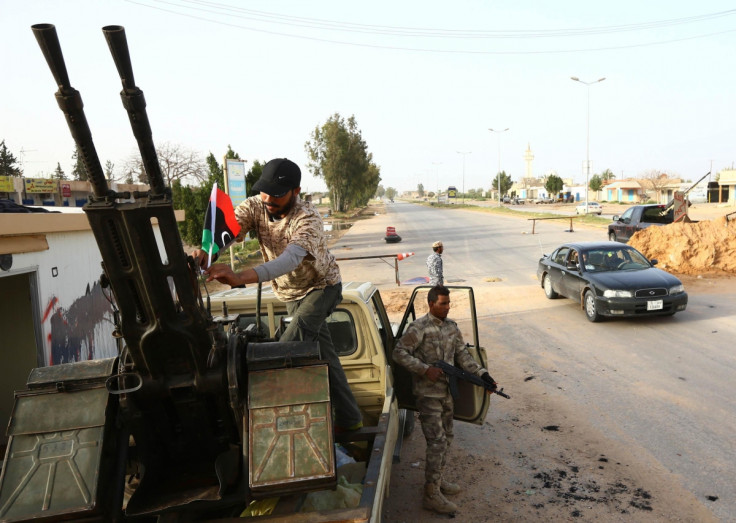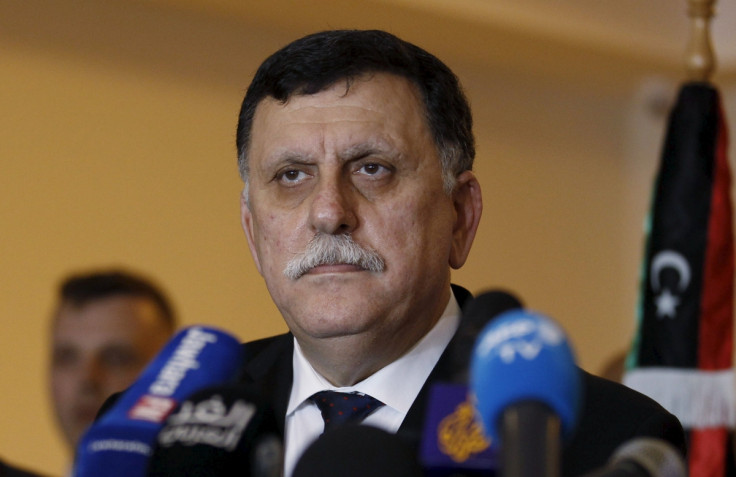Sanctions imposed on Libya's reneged leaders as UN-backed government asserts authority

The EU has imposed sanctions on leaders from Libya's eastern and western factions, showing its resolve to support a UN-backed Government of National Accord which recently arrived in Tripoli.
The sanctions are a show of force to Libya's rival regimes, one formally in Tripoli and the other in Tobruk, which have failed to recognise the new government, headed by Fayez Seraj. The sanctions have been meted out to Khalifa Ghweil, the head of the government of national salvation, previously in Tripoli and Nuri Abu Sahmain, president of the internationally unrecognised General National Congress, which supported Ghweil's administration.
According to reports, Ghweil fled Tripoli to his home town of Misrata. English-language publication the Libya Herald reported that elders and military leaders in the coastal town told Ghweil to stand down following the arrival of the UN-backed Government of National Accord.
Sanctions have also been placed upon Agila Saleh, president of the House of Representatives, which is recognised by the international community and has not yet ratified the Government of National Accord.

The UN envoy to Libya has chastised the House of Representatives for "not playing their role'' following the arrival of the Seraj government. The effect of sanctions against Saleh may prompt the house to vote in favour of what appears to be the new administration in Tripoli.
The appearance of the Seraj administration, which was first proposed by the UN in October 2015, has come as a surprise in Tripoli despite an announcement that security arrangements for its arrival had been made on 18 March. Libya's capital has been under the control of a coalition of local forces and fighters from the city of Misrata, known as Libya Dawn, since the summer of 2014. Seraj's arrival has created divisions between the militias with heavy gunfire reported across Tripoli following his entrance into the city.
The international community has put its faith in the UN-brokered peace agreement, drawn up in Skhirat in December, which created the Government of National Accord, to end Libya's woes, including a flourishing Islamic State (Isis) franchise on the south coast of the Mediterranean.
Britain and Italy, who have proposed deploying a 7,000-strong military force on the ground in Libya, have said the move would be conditional on support from the Government of National Accord.
© Copyright IBTimes 2025. All rights reserved.






















